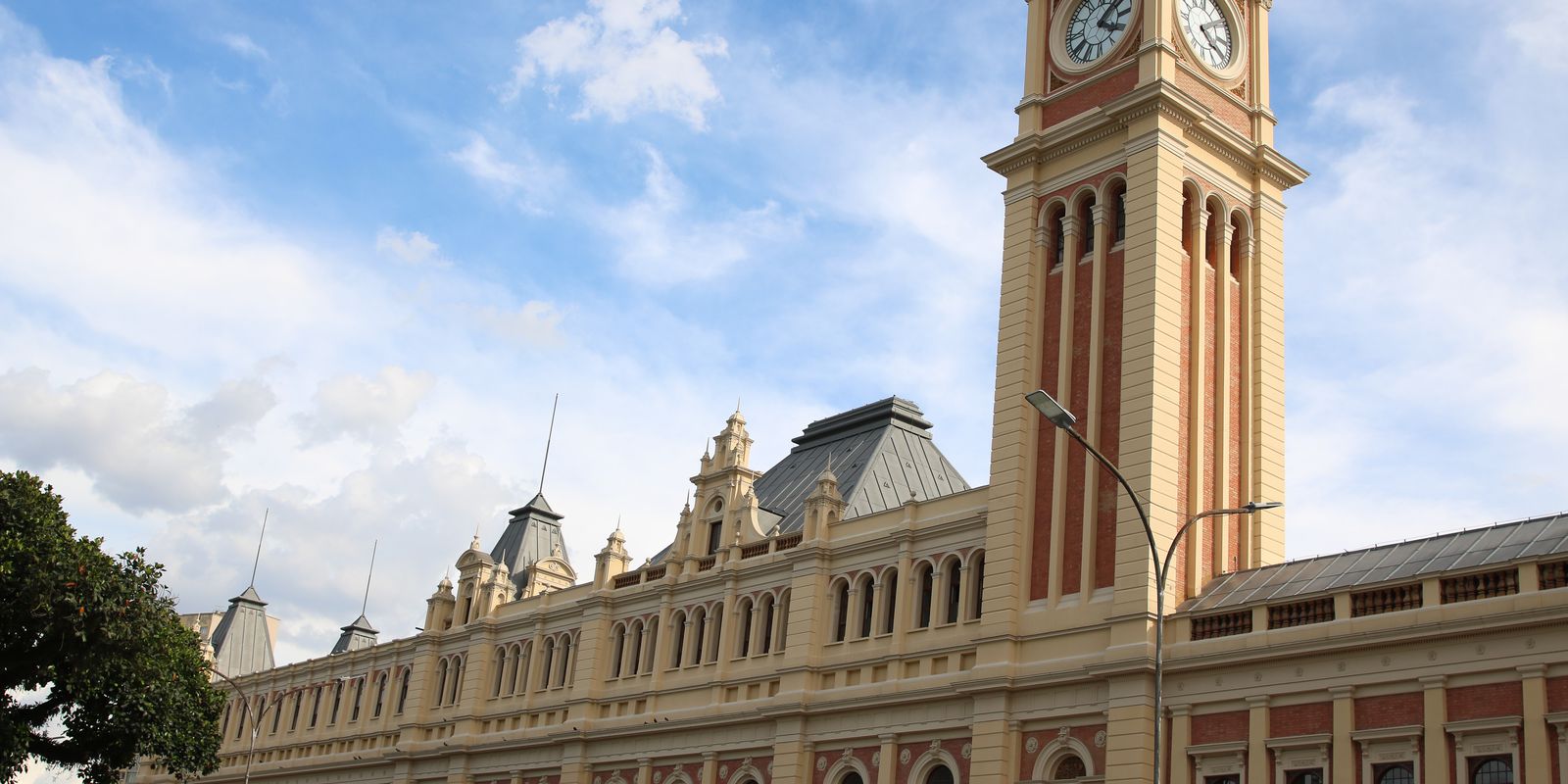Migrant women were the subject of the activities proposed this Sunday (13) by the Portuguese Language Museum, in Luz, central region of the capital of São Paulo. Migration is presented as a process traversed by language in the exhibition I dreamed in Portuguese!which is on display until June 12 at the institution.
The exhibition, built largely from the reports of migrants from other countries who live in the city of São Paulo, was presented, in the guided tours proposed for the week of International Women’s Day, based on the female presence. Among the 13 people from different parts of the world who brought their stories, six are women from Africa, Asia and Latin America.
The universe of difficulties and challenges involved in migration appear already in the installation Crossing, by Leandro Lima. In the work made especially for the exhibition, the skeleton of a boat is propelled by luminous oars in the dark of the gallery. In the work, references of contemporary technology are mixed with the ancient action of human displacements.
The impact of technologies present in the lives of migrants is remembered more explicitly in the installation of the next room, formed by old and new cell phones hanging. A reference to people who go to other countries and need to keep in touch with family, friends and circles of affection from their place of origin.
There is also space for traditional objects brought by the migrants, such as the capulana, displayed in a showcase and presented in a statement by the Mozambican Lara. The traditional cloth, which has different uses among the women of Mozambique, is remembered by the immigrant as practically an extension of her mother’s body. “When I was little, it was my first crib on her back”, says Lara in a video.
Regarding her adaptation process in Brazil, Lara especially highlights a telenovela in which she identified with a lesbian character present in the plot. “You will see a soap opera like this and you will not feel alone. I wondered if I was the only one who liked women in the world,” Lara said of the thoughts that arose from the story.
Processes with the language
Language learning appears as an important point in several reports. The Bolivian Jobana sees the learning of the Portuguese language as a process in which affections necessarily pass. “Somehow, when you learn a language, you also love it”, reflects Jobana. So, after a few years in Brazil, she said that she only really mastered the language when she became attached to the city. “I started to fall in love with this place. I love Sao Paulo.”
At other times, the testimonies reveal strangeness with the words. Joanna, from Syria, says that she was surprised to see herself mentioned as a “businesswoman” for the first time in a publicity material prepared by an international organization that supports refugees. “I was starting a project to work with other refugees. It was such a small project, and that word is very big”, he recalled the amazement felt at that moment.
















